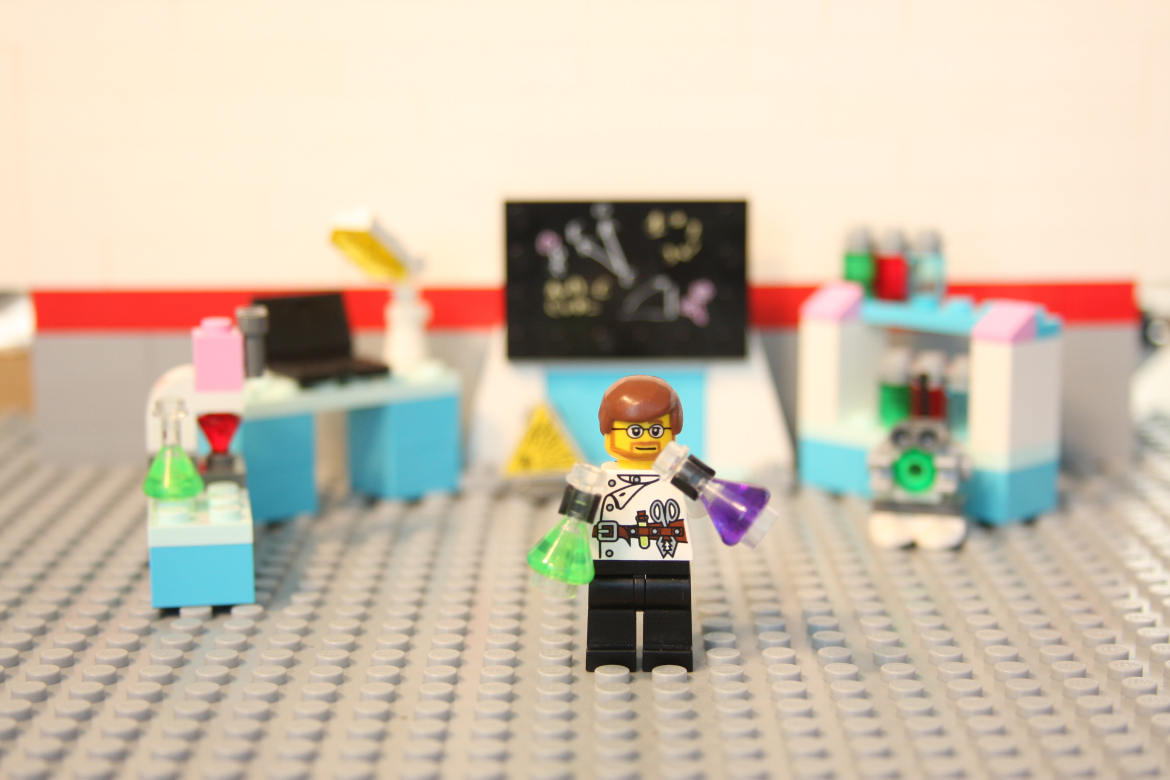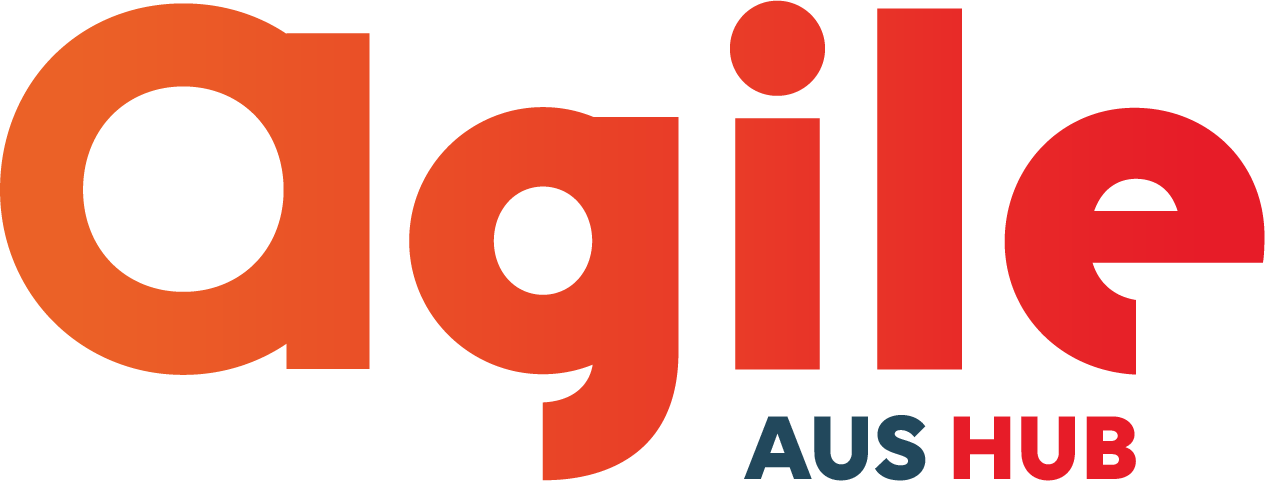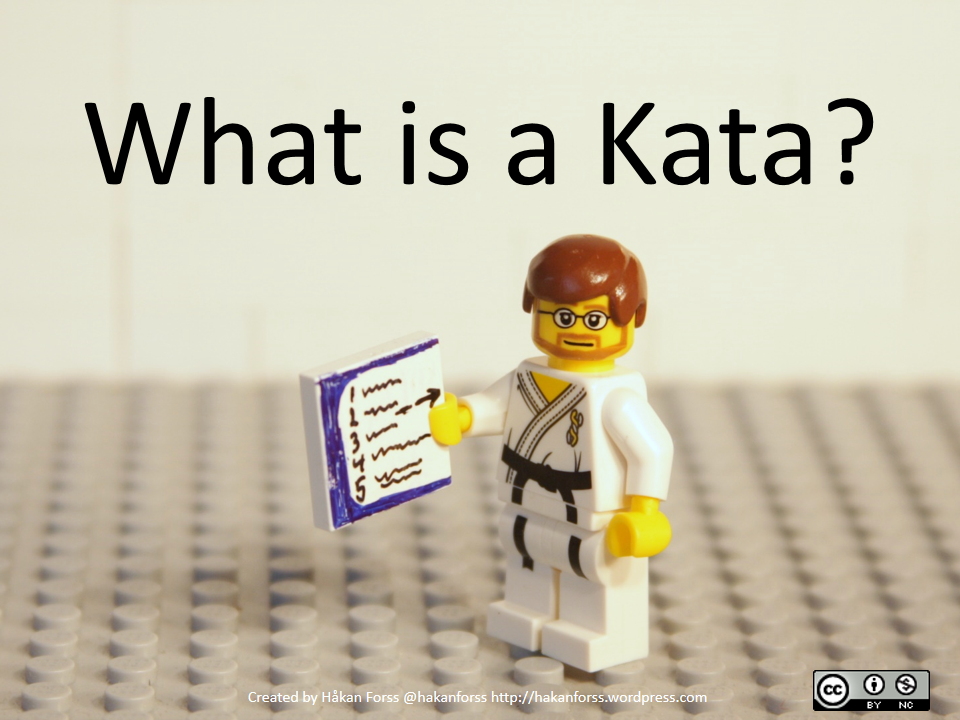
Introducing the Improvement Kata and Coaching Kata with Håkan Forss
Ahead of his visit to AgileAus19, we revisit this 2016 blog post from Håkan Forss. While he’s in Australia, Hakan will also be holding workshops in Sydney (24 June) and Melbourne (28 June); click here for more info!
What is a Kata?
Kata means pattern, routine, habits or a way of doing things. Kata is about creating a fast “muscle memory” of how to take skilful action instantaneously in a situation without having to go through a slower, logical procedure. This frees your slower, logical thinking to focus on the problem at hand. We can understand the Kata in the context of Daniel Kahneman’s book, Thinking, Fast and Slow (Daniel Kahneman,Thinking, Fast and Slow, New York: Farrar, Straus and Giroux, 2011). Kahneman differentiates between two systems: system one is fast, automatic, and subconscious; and system two is slow, effortful, logical, and conscious. The Kata is like system one, and using this system frees us to focus the energies of system two on a chosen problem or challenge. In the book Managing Flow, Ikujiro Nonaka defines Kata as a traditional Japanese code of knowledge that describes a process of synthesizing thought and behaviour in skilful action: the metacognition of reflection in action (IkujiroNonaka, Ryoko Toyama and Toru Hirata, Managing Flow: A Process Theory of the Knowledge-Based Firm, Palgrave Macmillan, 2008). If the Kata itself is relatively static, the content of the Kata is continually modified as we execute it, based on the situation and context in real-time. Nonaka also describes Kata as different from a routine because it contains a continuous self-renewal process. Kata is not simply to blindly copy, but to improve in an evolutionary way. You learn and evolve a Kata through the three stages of the learning cycle: Shu (learn), Ha (break), and Ri (create). In the first stage, Shu, you learn by following the teacher. You imitate the teacher’s practices, values, and thinking. You will only move on to the next stage when you have made the teacher’s Kata your own. In the Ha stage, you break from the teacher’s practices and make modifications based on your own creativity. Then, in the Ri stage, you leave the teacher and you begin to create your own unique Kata. As you expand your knowledge into new areas, you will loop back to the Shu stage for those areas in an ever-growing spiral of knowledge.
The Improvement Kata and Coaching Kata
The Improvement Kata and Coaching Kata form a general-purpose framework for learning and improving in a world of uncertainty. It is a framework to help us build a learning organisation where the people doing the work will solve their own problems using a scientific approach. It is a framework for continuous probing through the unknown, using small daily experiments. Improvement Kata The Improvement Kata forms a habit of continuous learning and improvement. The Improvement Kata guides the learners and teams – the people doing the work – through a process focused on learning and improving. In the improvement Kata we take small daily steps through the fog of uncertainty using an experimental approach. Coaching Kata The second and equally important part of the Kata framework is the Coaching Kata. The Coaching Kata transforms your organisation’s leaders into coaches and enablers in a constantly learning environment. The Coaching Kata supports and challenges the learners as they run the Improvement Kata. A fractal framework The Improvement Kata and Coaching Kata operate as a fractal framework which can form the foundation of a learning organisation. ‘Fractal’ refers to the way that a system’s levels and behavioural patterns mirror each other. For example, at one level a group of learners will be led by a leader or coach. This same leader or coach also takes on the role of learner in the leadership team. This pattern repeats through all levels of the organisation up to the CEO. The fractal structure ensures that everyone in the organisation is involved in learning and improving the organisation every day.Håkan Forss
This article originally appeared in AgileTODAY Magazine.
Håkan will be speaking at Agile Australia 2019 and running workshops on The Toyota Kata Experience and The Flow Thinking Experience. Find out more here.
The Toyota Kata Experience | Half-Day Workshop The Flow Thinking Experience | Half-Day Workshop 9:00am to 12:30pm Monday 24 June 2019
Stay in the loop
To receive updates about AgileAus and be subscribed to the mailing list, send us an email with your first name, last name and email address to signup@agileaustralia.com.au.


0 Comments